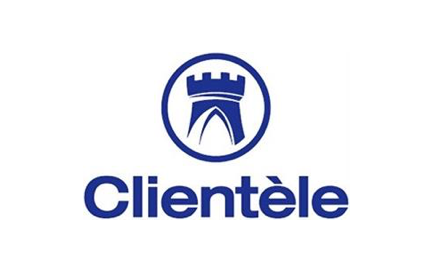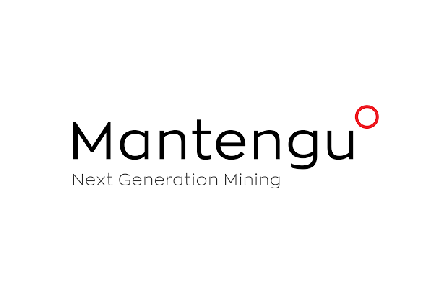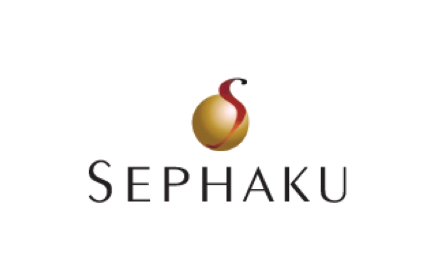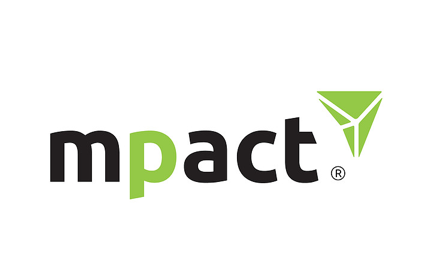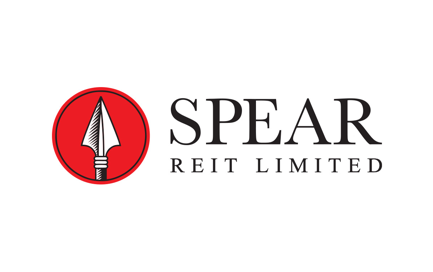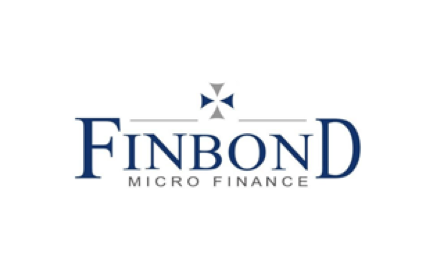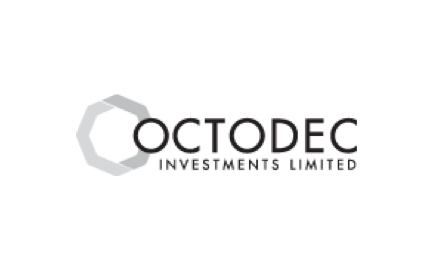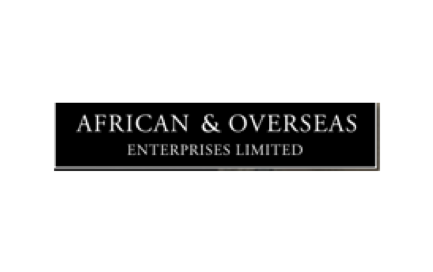Listen to the latest episode of Ghost Wrap here, brought to you by Mazars:
Clientele is acquiring 1Life Insurance (JSE: CLI)
We finally know what deal Clientele has been busy with
Clientele has been trading under cautionary for months now, with the first one having been released in June 2023. The guessing game around the potential deal is over, with the company announcing the acquisition of 100% of 1Life Insurance from Telesure.
The particularly interesting point is that the deal will be settled by the issuance of shares in Clientele to Telesure. In that respect, this is a merger more than an acquisition. Telesure will hold 26% in Clientele after this transaction.
Strategically, this is a good fit because 1Life is focused on the entry level mass market and mass affluent market, with Clientele having operated for 30 years in the entry level mass market. The announcement highlights that 1Life was the “first truly direct life insurer” when it commenced operations in 2006.
The combined businesses will boast almost 1.5 million contracts and an embedded value of around R7.8 billion. Embedded value is the basis on which life insurance houses are valued, with the price for 1Life set at R1.914 billion to be equal to the embedded value as at 30 June 2023, plus a control premium of 6.23%.
This is a modest control premium by usual dealmaking standards, which suggests that Telesure has bigger strategic plans with Clientele. If you need further proof of that, then lift your head from the 1Life price and just consider the price at which Clientele’s shares will be issued to Telesure: R16.25 (the embedded value of Clientele) vs. the current prevailing price of R10.90.
If you’ve ever heard of a “NAV for NAV” deal then, then this is the life insurance equivalent, based on embedded value.
In case you’re wondering about return equity, 1Life managed to generate profit after tax of R152.8 million for the year ended June 2023 off a net asset value of R1.7 billion. This is a return on equity of 8.9%. These returns aren’t good enough, so the benefit of scale and a combined effort will hopefully improve returns.
Clientele is one of the unsung dividend heroes that the market never talks about. The share price is up 1.9% this year and it trades on a dividend yield of just under 11.5%. The market response to this transaction was a flat share price, which is odd when you consider the size of this deal.
Dis-Chem’s first half performance needs a careful read (JSE: DCP)
The base effect and some once-offs appear to be skewing performance
When companies start trying to explain away poor numbers with excuses like the base effect and once-offs, you always need to be skeptical. In some cases, the explanations are perfectly justifiable. In others, they are rubbish.
If we look at Dis-Chem’s earnings for the first half, revenue growth was 9.4% and HEPS fell by 17.2%, with the dividend also down by 17.3%. That revenue number isn’t exactly a pedestrian performance, so the drop in HEPS is odd.
A further read reveals that the base year (FY23) had unusual seasonality, with a strong first half of the year that contributed 58.4% of the full-year earnings. The preceding two years were 48.5% and 47.1%. Again, this could simply mean that the second half of last year was a poor performance, so further reading is required.
H1’23 included a gain on a warehouse acquisition and the impact of COVID-vaccine related income. Added to this, the company acknowledges that reputational issues hit the H2’23 result, with those challenges spilling over into H1’24 (this period).
Until we see the second half of this financial year, we won’t know for sure whether the base period is the real reason for the drop in earnings in this period. Instead, it might be better to focus on the underlying revenue growth and gross margins, which aren’t impacted by the once-offs.
If we exclude COVID vaccines, retail revenue grew by 9.2%. Wholesale revenue grew by 13.5%, with sales to Dis-Chem’s own stores up by 12.5% and external sales (including to The Local Choice franchises) up by 19.1%. The Local Choice is expanding quickly, growing from 153 to 180 pharmacies.
Excluding the gain in the prior period related to the warehouse acquisition, total income margin was 30.5% in this period vs. 31.3% in the base.
Looking through all the noise, a reduction in retail margin from 30.2% to 29.8% is worth paying attention to. There’s a comment that investment in promotional activity in personal care and beauty was the major factor here, which simply means that Dis-Chem had to be more aggressive on price in those key high-margin categories to retain market share.
I must also note that retail expenses were up a significant 11.3%, or 10.8% excluding depreciation. New stores are a factor here, but employee costs up 9.8% is a concern when gross margin is under pressure. Employees costs are 64% of Dis-Chem’s retail expenses. Pharmacists in particular are very high earners relative to any other in-store employees.
Looking at the balance sheet pressures, net finance costs were up 33.2%. If you exclude the endless stupidity of IFRS 16 as well on interest on the new term loan, financing costs on existing debt increased by 15.7%. Capital is expensive right now and growth in inventory of 9% means a bigger balance sheet that needs to be funded. Of course, capital expenditure also needs to be funded, like investment in additional warehouse capacity.
For the two months since the end of this period, revenue grew 12.1% over the comparable period. This gives some support to the base effect argument. Still, with a higher cost of funding and pressure on margins, shareholders might need to be patient to reap rewards here.
Mantengu takes the next step in the capital raise (JSE: MTU)
Mantengu Mining is looking to raise up to R500 million from GEM
Around a week ago, Mantengu Mining announced a plan to secure up to R500 million in equity funding from two entities that are part of the broader GEM group. It’s an unusual structure, as the R500 million would be invested over time as and when Mantengu needs the money.
In these scenarios, a commitment fee is common. The investor needs to plan to have the cash available for drawdown and expects to be paid something for the pleasure. In this case, the commitment fee is 2% of the facility, or R10 million. It can be settled in cash or in shares, with Mantengu obviously only too happy to settle it in shares.
Although shareholders still need to approve this transaction, the company has issued shares to an escrow account to be released to GEM if the deal goes ahead. The issue price is R1.13 and just the commitment fee represents 6.49% of the issued share capital of the company, which shows you how dilutive the full capital raise is for existing shareholders.
Sephaku flags a drop in HEPS (JSE: SEP)
This covers the six months to September 2023 – well, sort of
Sephaku’s financial reporting is a bit tricky. The group has a year end of March, but Dangote Cement (known as SepCem) is an associate of the group (which means Sephaku holds a large non-controlling stake in it) and has a year end of December.
So, when Sephaku releases earnings guidance for the six months to September, it includes numbers from Dangote for the six months to June. This is an unusual situation, but Sephaku doesn’t control Dangote and hence can’t force it to align its year-end.
For the six months to September 2023 (sort of), Sephaku expects HEPS to drop by between 27% and 35%.
Detailed results are due for release on 14 November.
Little Bites:
- Director dealings:
- Des de Beer has bought R754k worth of shares in Lighthouse Properties (JSE: LTE)
- The selling by Mpact (JSE: MPT) executives continues, with the Brett Clark Family Trust (linked to the CFO) selling shares worth R1.4 million and a prescribed officer selling shares worth R560k.
- Associates of the CEO of Spear REIT (JSE: SEA) sold shares worth R532k and bought shares worth R195k. This is part of a broader family restructure, although it’s obviously a net sale.
- A non-executive director of Finbond (JSE: FGL) has bought shares worth R34k.
- Octodec (JSE: OCT) announced a small related party transaction in mid-October. A fairness opinion is required for such deals, with BDO Corporate Finance opining that the deal is fair to shareholders.
- Rex Trueform (JSE: RTO) and African and Overseas Enterprises (JSE: AOO) are officially out of the JSE naughty corner, with both companies releasing their financial statements.



